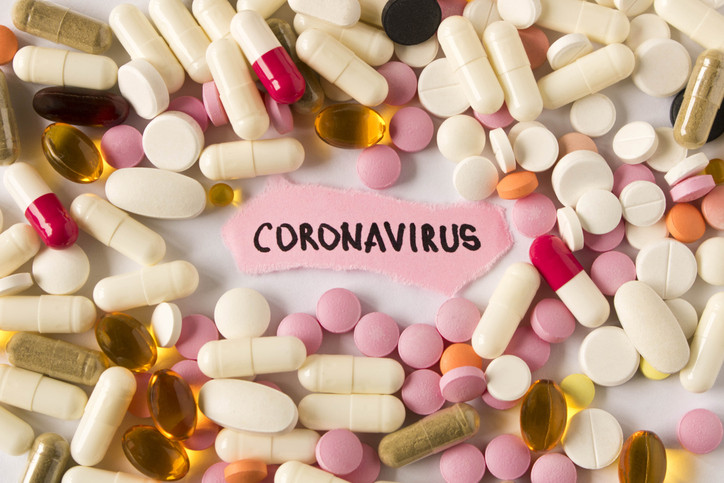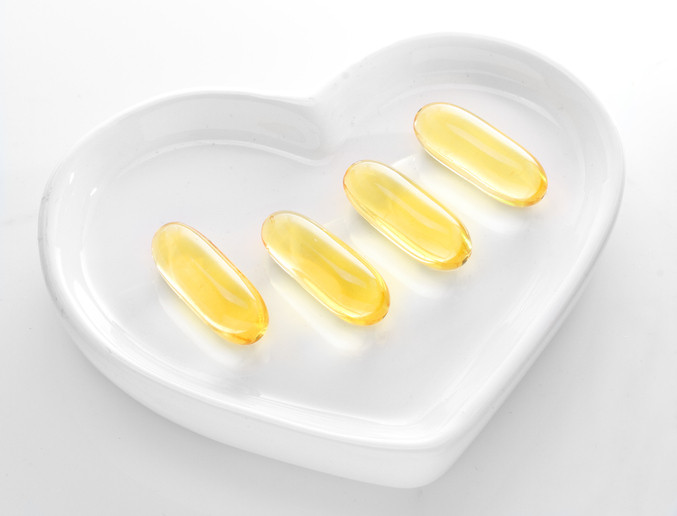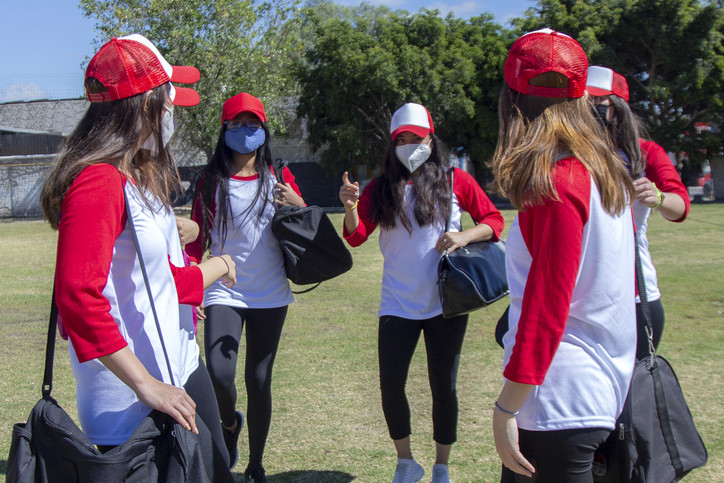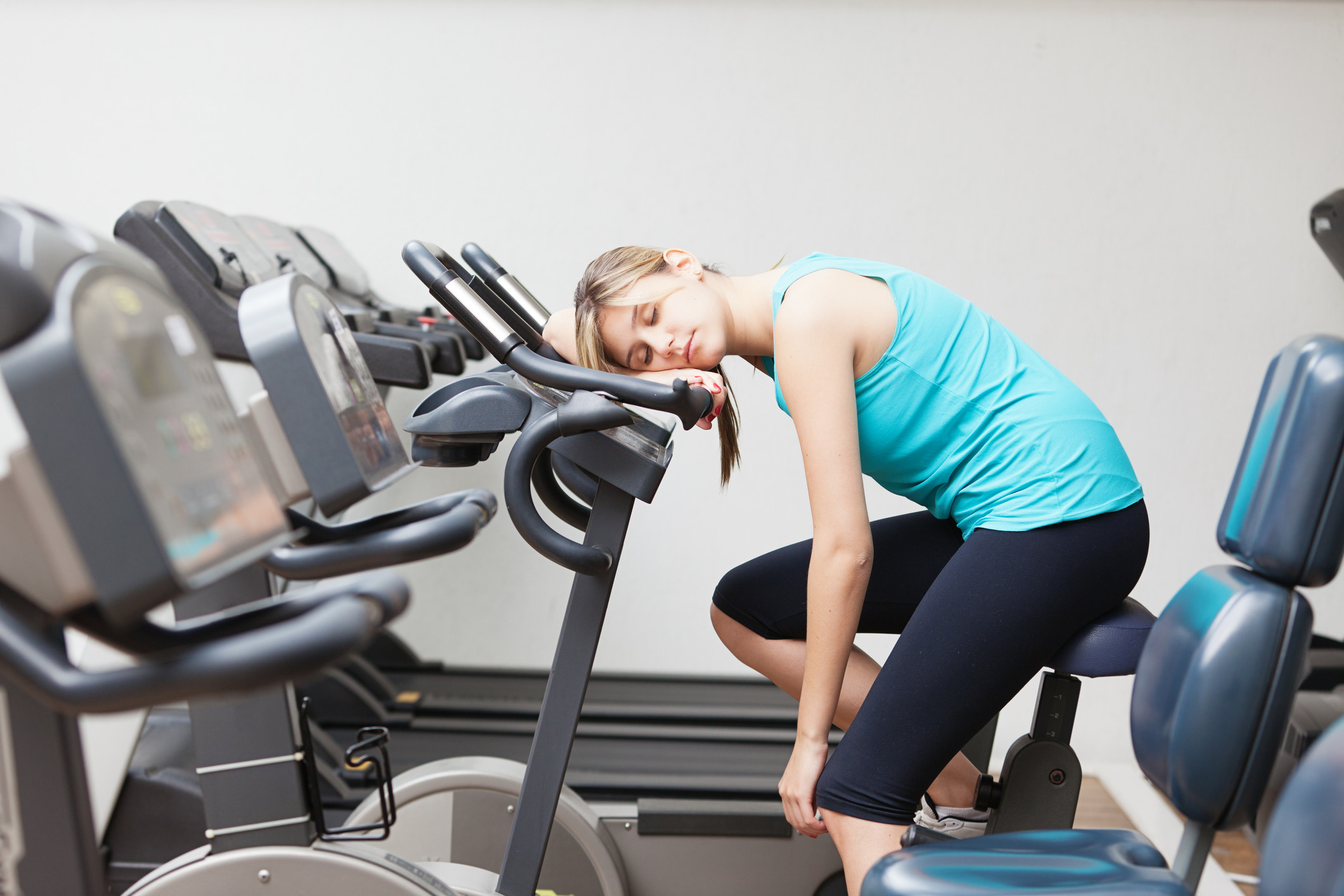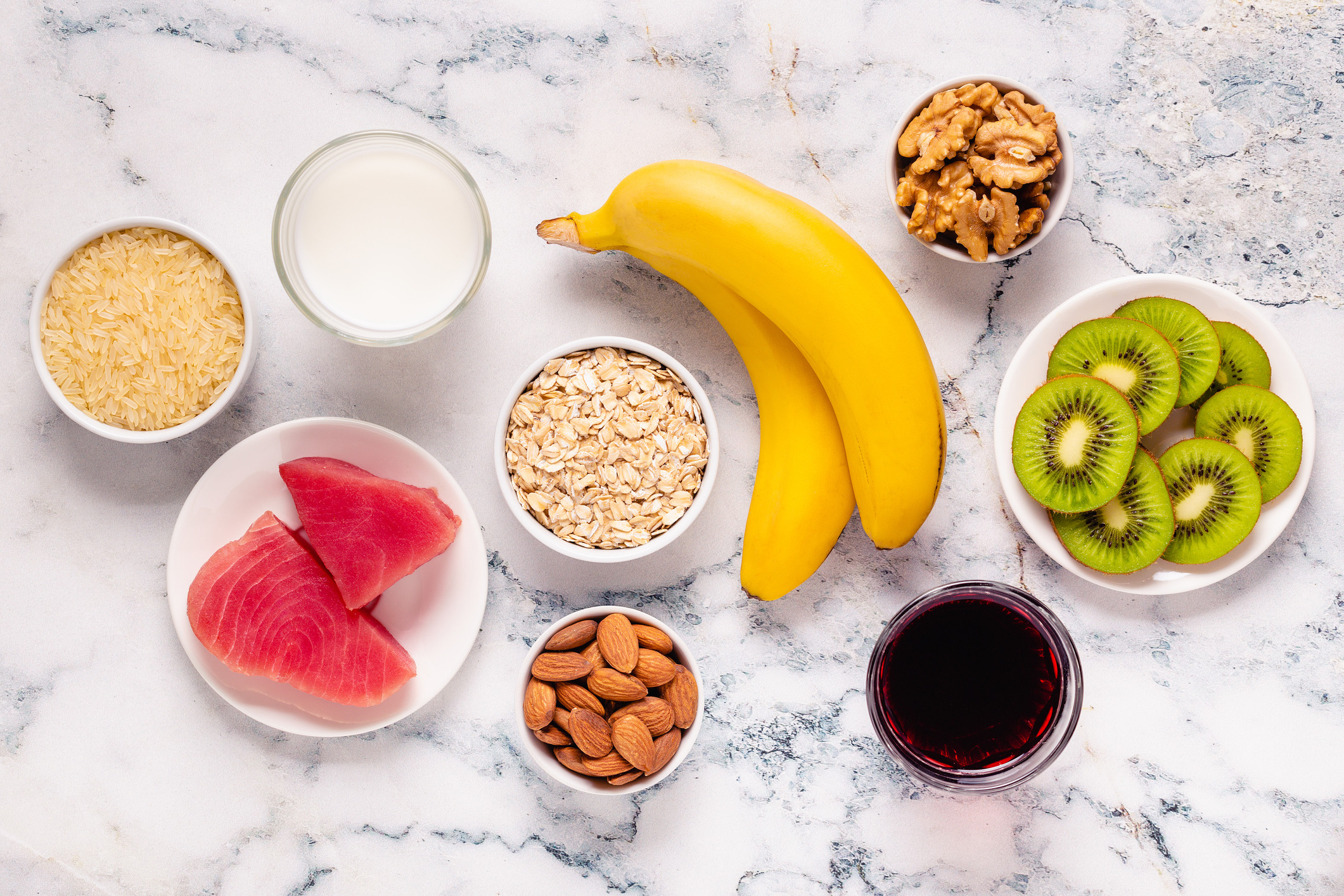
5 timeless habits for better health

What are the symptoms of prostate cancer?

Is your breakfast cereal healthy?

When pain signals an emergency: Symptoms you should never ignore

Does exercise give you energy?

Acupuncture for pain relief: How it works and what to expect

How to avoid jet lag: Tips for staying alert when you travel

Biofeedback therapy: How it works and how it can help relieve pain

Best vitamins and minerals for energy

Should you take probiotics with antibiotics?
Harvard Health Blog
Read posts from experts at Harvard Health Publishing covering a variety of health topics and perspectives on medical news.
Articles
Women, alcohol, and COVID-19
Do vitamin D, zinc, and other supplements help prevent COVID-19 or hasten healing?
Certain vitamins and supplements have long been promoted as having benefits for the immune system, which has led some to believe they may have similar effects on COVID-19 — and some doctors have been prescribing them. But so far, study results have not been encouraging.
An emerging treatment option for men with recurring prostate cancer after radiation therapy
Prostate cancer is often a multifocal disease, meaning that several tumors can be present in different parts of gland at the same time. Not all of these tumors are equally problematic, however. And it’s increasingly thought that the tumor with the most aggressive features — called the index lesion — dictates how a man’s cancer […]
Want to improve your memory? Get a good night's sleep!
Sleep is important for your memory, as the brain uses the time you are sleeping to process new information and consolidate it for later recall. If you are tired from a lack of sleep, it's more difficult to pay attention, and attention is necessary to good memory function.
Can fitness counter fatness?
Summer camp: What parents need to know this year
Harvard Health Ad Watch: Mitochondria do a lot for you — what can you do for them?
Mitochondria are the power stations in our cells that convert nutrients into energy, and research suggests that they play a key role in aging and immune function. Ads for a line of supplements claim that the product renews or replenishes mitochondria –– but is there any scientific proof of this?
Simple, low-cost, low-tech brain training
Mentally stimulating activities help the brain create new connections that may prevent cognitive decline as people get older, and there are plenty of simple, low-tech ways to sharpen your thinking that are budget-friendly.
School reopening? What parents need to know and can do
Fully vaccinated against COVID-19? So, what can you safely do?
Omega-3 fatty acids and the heart: New evidence, more questions
Omega-3 fatty acids from fish and fish oil have been recommended by the American Heart Association for the past 20 years to reduce cardiovascular events in people who already have cardiovascular disease. But the results of studies of omega-3 supplements have been mixed, leaving both doctors and patients still wondering what to do.
Beyond CBD: Here come the other cannabinoids, but where’s the evidence?
Given the interest in CBD and the exploding popularity (and big business) of products that contain it, it was only a matter of time before new cannabinoids were discovered and commercialized. But many of these substances have been studied only in animals so far, meaning it is too soon to say if any of their potential benefits will apply to humans.
Zero weight loss from zero calorie drinks? Say it ain’t so
Trying to cut back on calories by drinking diet soda or flavored sparkling water may not help with weight loss, and some research suggest it may actually lead to weight gain. But why, and what are the alternatives?
Returning to sports and physical activity after COVID-19: What parents need to know
Most children and teens who have COVID-19 recover completely, but rarely there can be damage to a child’s heart muscle, and the stress of exercise on a damaged heart could lead to a serious condition. Here’s what parents need to know about recent guidance from the American Academy of Pediatrics for children returning to physical activity after COVID-19.
Numb from the news? Understanding why and what to do may help
The daily onslaught of news during the past year has left many people in a steady state of fatigue, resignation, and grief. The symptoms of collective trauma are widespread and familiar, but one merits special attention: numbness, which is one possible response to an overwhelming situation.
Racial disparities and early-onset colorectal cancer: A call to action
In the last decade, overall rates of colorectal cancer have been falling among the general population in the US. However, African Americans are more likely to develop colorectal cancer at younger ages, and to die from it. The reasons for this disparity are unclear, but they are rooted in socioeconomic and racial inequities.
4 essential nutrients — are you getting enough?
The latest update to the Dietary Guidelines for Americans states that many people are not getting enough of four essential nutrients: calcium, potassium, dietary fiber, and vitamin D. But how much of these nutrients should you aim for and what are some good sources for them?
Agoraphobia: Has COVID fueled this anxiety disorder?
But I don’t feel like exercising…
For a long time, the implicit message about fitness has been that it only counts if you are doing it with certain clothing, shoes, equipment, and facilities. This can make people feel that exercise is not for them. Expanding the idea of what counts as exercise — and making it fun — can help motivate people.
You got the COVID-19 vaccine? I have vaccine envy
Got vaccine envy? Not only has the pandemic upended our lives, differing state priorities and restrictions on eligibility for highly effective COVID-19 vaccines are fueling feelings of jealousy and unfairness that encourage questionable actions and ethics.
Glaucoma: What’s new and what do I need to know?
Glaucoma, the second leading cause of permanent blindness in the US, is a group of disorders that damage the optic nerve. It is a complex disease, and while there is currently no cure, diagnosis and prompt treatment can slow or stop progression of vision loss. All adults should have regular eye exams starting at age 40, whether vision is normal or not.
A look at the 2020–2025 Dietary Guidelines for Americans
The Dietary Guidelines for Americans, which are published by the US Department of Health and Human Services and the US Department of Agriculture and are updated every five years, have been updated for the 2020–2025 period. While each iteration builds on the previous set of guidelines, there are some changes this time around, and some items that could have been changed but were not.
Could what we eat improve our sleep?
Diet, exercise, and sleep work together, and all three can have an effect on our daily well-being and longevity. Sleep impacts our eating patterns, and our eating patterns affect our sleep: lack of quality sleep may make people eat more, and make less healthy food choices, but certain foods contain substances that may enhance sleep.
What is COVID-19 brain fog — and how can you clear it?
We’ve all experienced the feeling of sluggish, fuzzy thinking and a lack of sharpness, possibly caused by an illness or a medication. But what if that feeling didn’t go away and your thinking didn’t return to normal? That’s the situation for some people who have recovered from COVID-19, and there can be long-term effects on other organs as well.

5 timeless habits for better health

What are the symptoms of prostate cancer?

Is your breakfast cereal healthy?

When pain signals an emergency: Symptoms you should never ignore

Does exercise give you energy?

Acupuncture for pain relief: How it works and what to expect

How to avoid jet lag: Tips for staying alert when you travel

Biofeedback therapy: How it works and how it can help relieve pain

Best vitamins and minerals for energy

Should you take probiotics with antibiotics?
Free Healthbeat Signup
Get the latest in health news delivered to your inbox!
Sign Up

